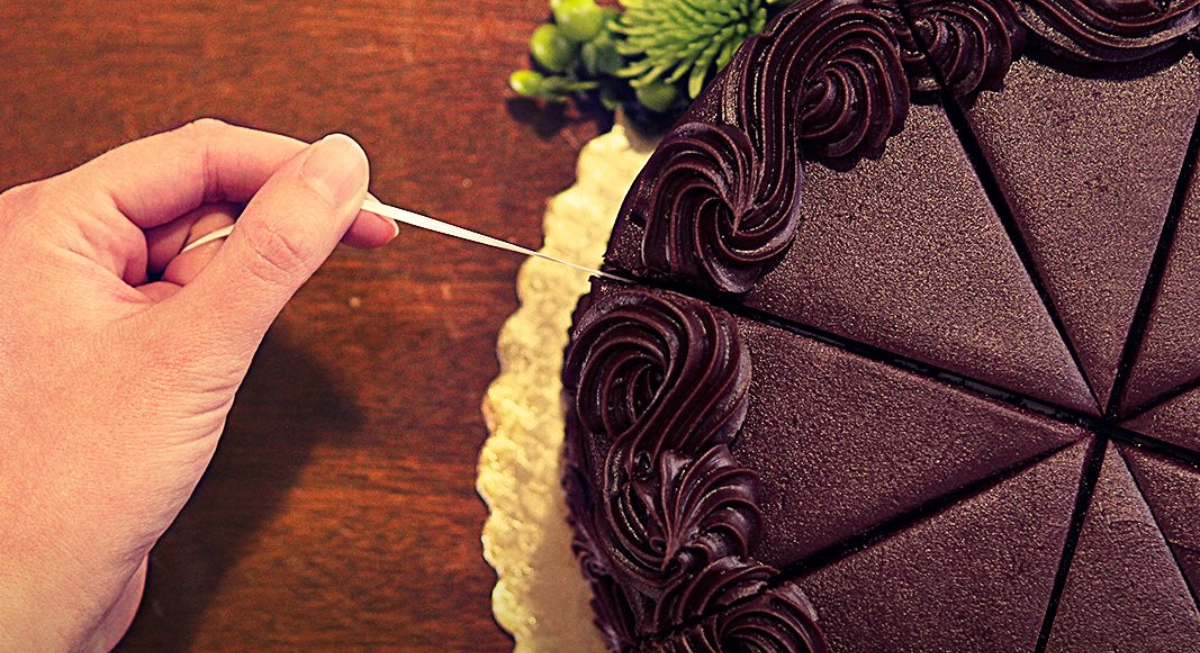 Does your home use electric baseboard heaters for heat in the winter? You may be wondering if you are using them efficiently or if you could be more eco friendly and perhaps save a bit of cash? Read on for some money saving tips when using electric baseboard heaters.
Does your home use electric baseboard heaters for heat in the winter? You may be wondering if you are using them efficiently or if you could be more eco friendly and perhaps save a bit of cash? Read on for some money saving tips when using electric baseboard heaters.
What are electric baseboard heaters?
Unlike forced air, electric baseboard heaters don't blow hot air around your house (and thus, also don't blow dust and dander). They're often mounted below windows to counteract cool air from windows. Inside the units are coils which are heated up using electricity. The heat radiates from these coils into the room. As heat naturally rises, the cool air will remain near the floor, where it will be warmed by baseboard heaters, helping keep the entire room warm.
How to Save on All Heating Costs
First and foremost, the most obvious way to save on heating costs is to turn down the temperature. How warm do you need your house? Every degree will save money. Consider lowering the temperature when you aren't home or if you can bundle up more while in the house. A programmable thermostat is a great way to do this - you can set the temperature to drop when you aren't home or when you are sleeping, and have it set to warm up before you will be home or awake. You can also get thermostats that you can control from your phone - so if you leave and forget to change the temperature, you can easily make the change on the go.
Always keep your heating system properly maintained. That means keeping everything clean and having regular inspections where appropriate.
Make sure nothing is blocking the heat from your heater, be that your baseboard heater or a furnace vent.
Is your home properly insulated? While adding insulation can be a big project, it's also a great way to save on heating (and cooling) costs. You can also add insulation to your windows using plastic film, foam tape, or thermal curtains. I'm a big fan of these methods to save in the winter.
Specific Money Saving Tips When Using Electric Baseboard Heaters
Make sure to keep your heater clean. I didn't realize it, but dust, pet hair, and even spider webs can reduce the efficiency of your electric baseboard heaters - so get out that duster!
If your heater is below a window, as most are, make sure that your drapes or window coverings end at least four inches above your heaters. Drapes can inadvertently block the heat from properly radiating out.
Baseboard heaters heat "zones" really well - and what this means is that you can make a point to only heat certain zones. If you're not using a room, does it need to be fully heated? I would personally never turn off the heat in a room in the winter, for fear of freezing pipes, but you can drop the temperature down to 60 degrees without too much trouble.
Contact your power company! I didn't realize this, but some offer discounts for people using baseboard heaters. It never hurts to ask!









